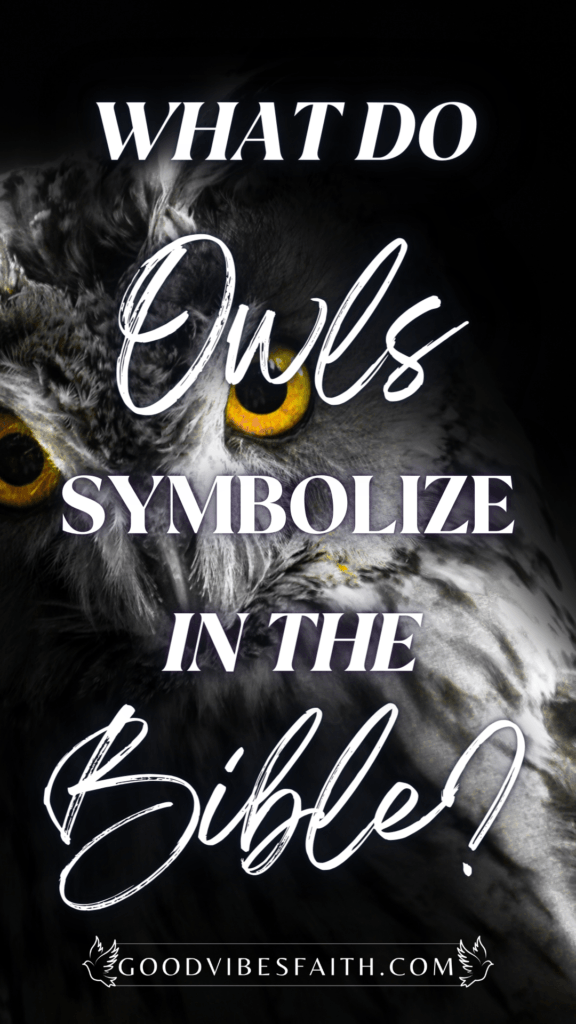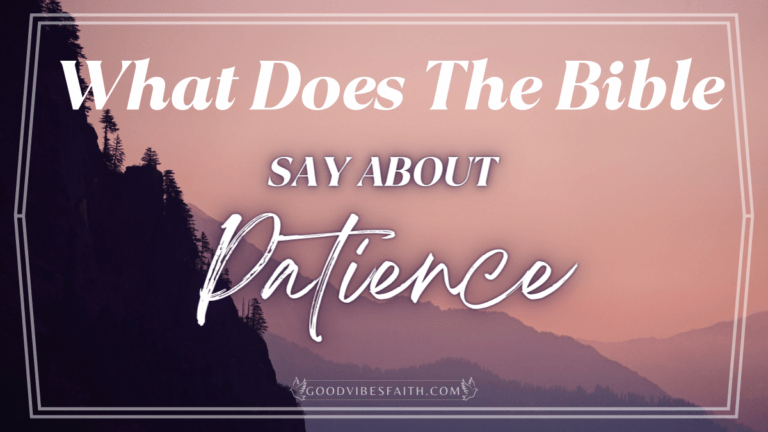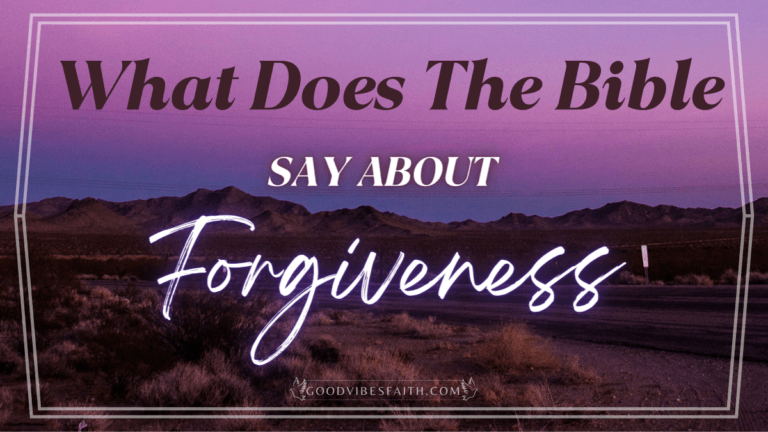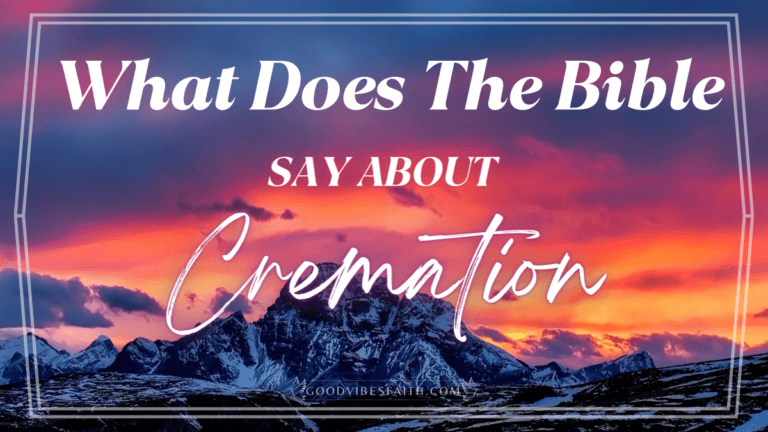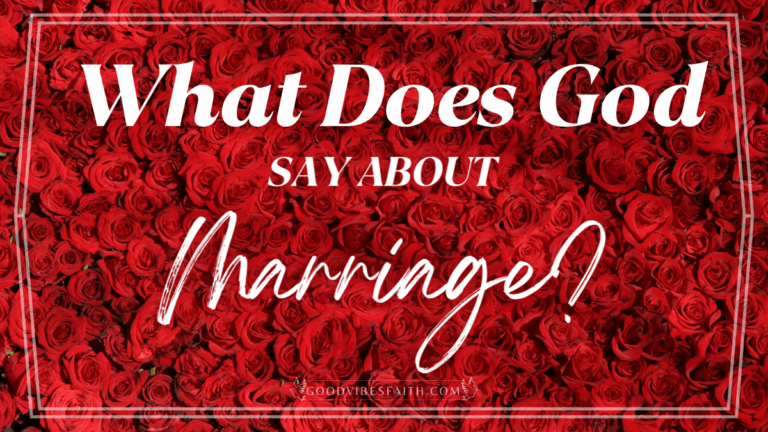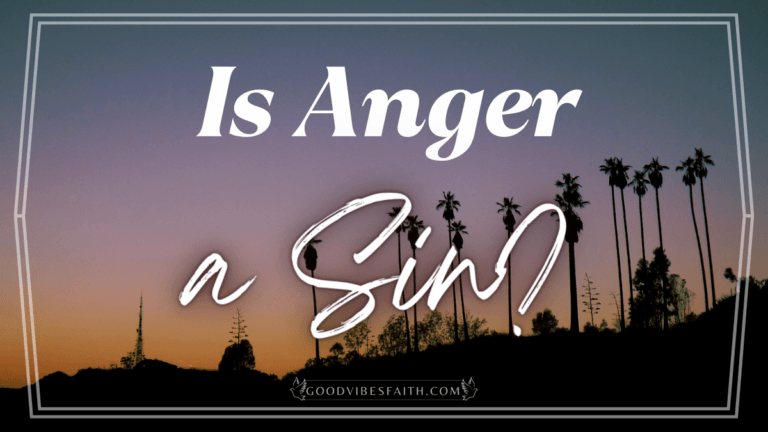What Do Owls Symbolize In The Bible? Biblical Symbolism On This Majestic Bird
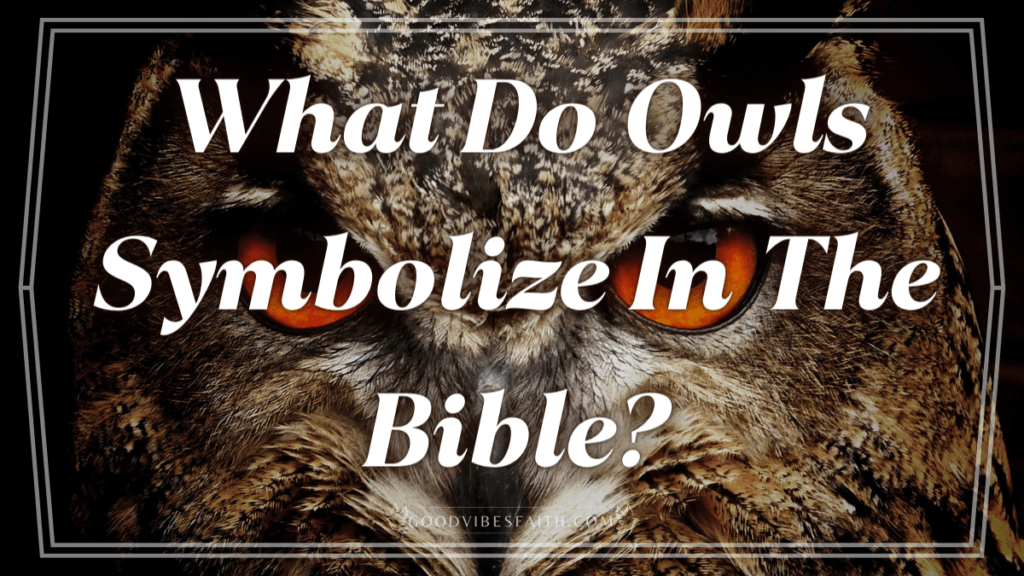
There is no doubt that birds play an important role in many of the stories found in the Bible. Many references are made to various types of birds, and they are often used to symbolize different aspects of human life and nature. For example, the dove is associated with peace and tranquility, while the vulture is often used as a warning that disaster may be imminent.
Throughout the Bible, birds act as messengers, symbols, and companions for humans, reminding us of our reliance on nature and our connectedness with the natural world. Whether serving as symbols of hope or omens of doom, birds are an integral part of biblical history, illustrating not only God’s power but also His close relationship with all things living.
What Do Owls Symbolize In The Bible?
Owls are one of the most mysterious and intriguing birds found in the Bible. These nocturnal predators are known for their sharp vision and hunting prowess, making them a fitting symbol of wisdom and strength. However, the Bible makes several references to owls, often seen in connection with darkness, destruction, and death.
“The desert owl and screech owl will possess it; the great owl and the raven will nest there. God will stretch out over Edom the measuring line of chaos and the plumb line of desolation.” Isaiah 34:11 (NIV)
Isaiah 34:11 is a powerful depiction of the end of times, referencing owls as a symbol of destruction and desolation. This passage foretells a time when the earth will be stripped bare, and every living creature will fall prey to the unstoppable forces of evil. Owls are often thought to be harbingers of doom, representing darkness and strife.
Thus, their presence in Isaiah’s words serves as a powerful warning that judgment will come upon the world, sweeping all in its path into nothingness.
Whether you believe this passage is referring to literal owls or simply using owls as a metaphor for something more ominous, it is hard to deny the power and foreboding that it evokes. Indeed, this ancient text continues to inspire fear and fascination even today, reflecting the timeless human fear of chaos and madness consuming the world.
“I am like a desert owl, like an owl among the ruins.” Psalm 102:6 (NIV)
Psalm 102 is a powerful and poignant meditation on the shortness of life. Throughout the poem, the author explores themes of loss and despair, lamenting the passing of loved ones and yearning for a time when all will be made right again. Listening to the mournful hoots of owls among the ruins, the author probably couldn’t help but feel a profound sense of solitude.
These wise birds have always been a symbol of solitude and contemplation, and their eerie cries seem to echo his restless thoughts. While the owl may have symbolized a feeling of loneliness and despair, there was also a sense of resilience and an ability to rise above even the bleakest circumstances.
No matter how fleeting our lives may seem, we can always find comfort and security in God’s steadfast love. Whether we are mourning or basking in earthly pleasures, God will always be there to guide us through life’s joys and sorrows. In this way, owls come to represent not only the uncertainty and suffering that accompany every human existence but also the promise of hope and divine intervention that ultimately sustains us.
“These are the birds you are to regard as unclean and not eat because they are unclean: the eagle, the vulture, the black vulture, the red kite, any kind of black kite, any kind of raven, the horned owl, the screech owl, the gull, any kind of hawk, the little owl, the cormorant, the great owl, the white owl, the desert owl, the osprey, the stork, any kind of heron, the hoopoe and the bat.” Leviticus 11:13-19 (ESV)
In Leviticus 11:13-19, we are instructed by God to avoid certain animals, birds, and insects. These creatures are considered unclean, and to remain righteous and obey God’s commandments, we must refrain from eating or coming into contact with them. Among the most notable of these is the owl, as different species of owl are mentioned in this passage.
And he called out with a mighty voice, “Fallen, fallen is Babylon the great!
She has become a dwelling place for demons, a haunt for every unclean spirit,
a haunt for every unclean bird, a haunt for every unclean and detestable beast.”
Revelation 18:2 (ESV)
In the Book of Revelation, chapter 18 is filled with vivid imagery of owls and other unclean birds flocking to the fallen city of Babylon. The fallen city became home to demons, evil spirits, and detestable beasts. Therefore, the unclean owl was associated with undesirable creatures.
This interpretation is based on the idea that unclean birds are traditionally associated with evil or sin, and their presence in this passage may indicate divine judgment against the actions of those who have fallen prey to corruption and wrongdoing.
It provides a valuable perspective on the times we live in today and helps us to better understand our society’s relationship with sin and corruption. Ultimately, whether you see unclean birds as symbolic or literal, this passage offers an important insight into our journey through life and into eternity.
After all, none of us can escape corruption or temptation completely; but by facing this reality head-on, we can stay focused on what truly matters – our relationship with God.
A Confession of an Owl-Lover: What the Bible Says about Owls
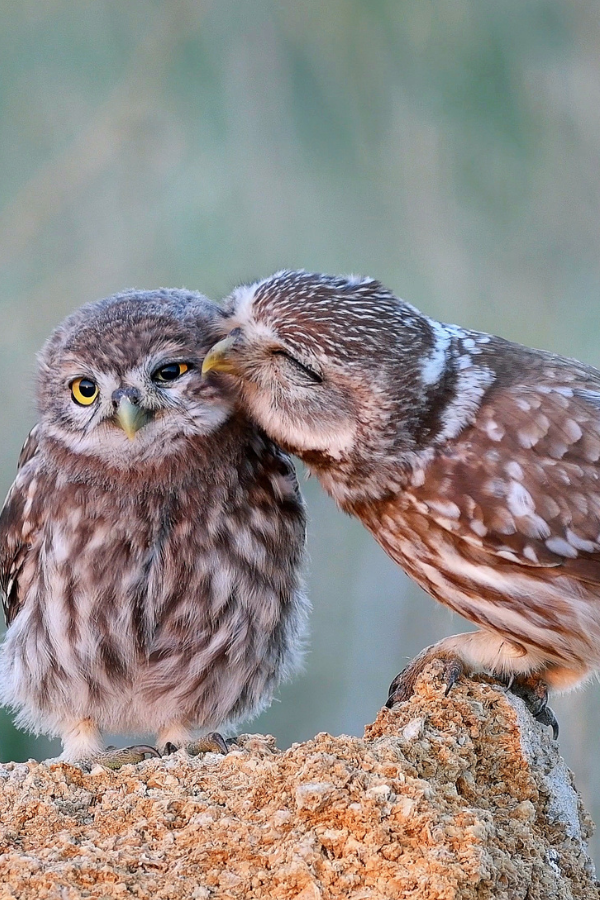
I’ll admit it. I’ve always loved owls. I’ve been fascinated by their big eyes, their nocturnal habits, and their reputation for being wise. So, imagine my surprise when I learned that the owl could be a symbol of evil! To say I was shocked would be an understatement. Surely there must be some mistake? How could such a beautiful creature as an owl be associated with anything bad?
It turns out that owls have long been associated with death, and darkness, but we should also remember that God created all creatures—even owls—and that He has a purpose for them all.
The Origins of Owl Symbolism
Owls have been revered and feared since ancient times. In Greek mythology, the goddess Athena was often represented with an owl on her shoulder, and owls were considered to be symbols of wisdom and knowledge. On the other hand, many Native American tribes saw owls as omens of death and disease.
In Christian tradition, owls are most commonly associated with witches and sorcerers. This likely originates from the Middle Ages when it was believed that owls were actually demons in disguise. Thankfully, we now know that this is not true!
So what does all this mean for us today? Well, first of all, we need to remember that just because an animal is mentioned in a negative light in the Bible doesn’t necessarily mean that it’s evil. For example, horses are mentioned numerous times throughout Scripture, as chariots of doom or used in battle (Revelation 6:8). But horses are loved in modern society, and are not considered evil at all.
The same is true for owls. Just because they were once associated with death and darkness doesn’t mean that they are evil creatures. Owls play an important role in our ecosystem by preying on rodents and other small animals.
Secondly, we need to remember that even though some animals may have negative connotations attached to them in our culture (such as bats and snakes), God still created them and He still has a purpose for them (Genesis 1:21).
Finally, we need to be careful not to judge something (or someone) based on its appearance alone but rather take time to get to know it (or them) better before making any decisions.
Conclusion
The owl is beautiful bird with a long and complicated history. While it may once have been associated with evil, we now know that this is not the case. Owls play an important role in our ecosystem and are deserving of our respect. So the next time you see an owl, take a moment to appreciate its beauty—and remember that God has a purpose for everything He has created.
You May Also Like To Read:
A Shooting Star Meaning In The Bible
What The Bible Says About War
What Do Lions Symbolize In The Bible
What Do Moths Symbolize In the Bible
